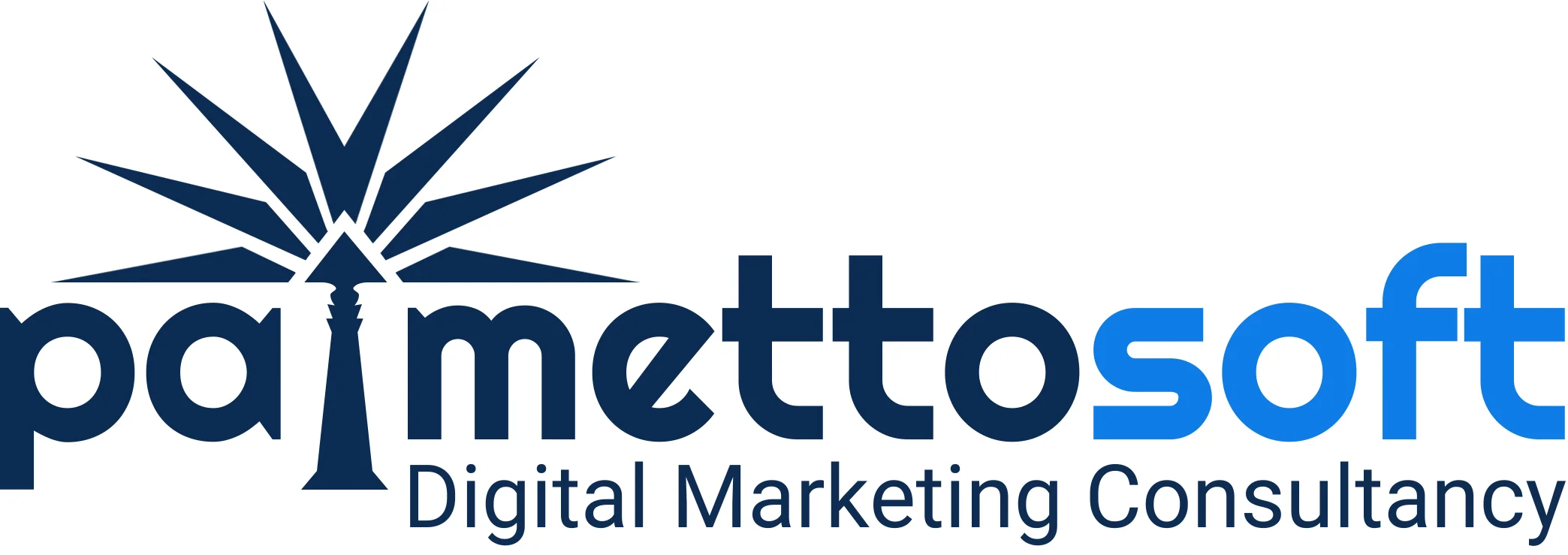Google Ads, possibly the overall greatest marketing tool of our time, isn’t slowing down. If there’s one thing that the people at Google understand, it’s that you can’t let the grass grow under your feet in the tech industry or you will be left behind by your more innovative competitors. The experts at your Jacksonville SEO company will tell you that Google Ads is constantly undergoing improvements, upgrades, and shifts in focus in order to become a more effective tool for its users. In this blogpost, our goal is to tell you about two big changes that are happening right now within Google Ads to make it more powerful for its users.
Listen now: Play in new window | Download (Duration: 4:37 — 4.23MB)
-
Updated Keyword Planner Tool
If your Jacksonville local SEO company had one complaint about Google Ads, it would be that many of its interfaces are not exactly built with the beginner in mind. It can be very tricky to figure out how to get around the Ads dashboards, find the information you want, use that information to build your campaign, and analyze the results of that campaign on an ongoing basis. As we get into 2018, however, Google is addressing those concerns with some major updates to its Keyword Planner tool. This is the interface where your Jacksonville SEO company spends a lot of time looking at possible keywords for your Ads campaign, finding out how many competitors are already creating ads based on those keywords and how much they’re bidding for those ads. The Keyword Planner tool has always provided a wealth of information on those topics, but it has been pretty difficult for users to actually find and use that information. The update, which Google is implementing gradually for Ads users, should be much more user-friendly.
All the clicks that lead to a conversion in Ads are important!
-
Changes in Attribution
Attribution is a critical metric for Ads campaign managers. After a Google search user has come across an Ads ad, moved through the process, and ultimately made direct contact with the client to become a customer, attribution tells the campaign manager at your Jacksonville SEO company exactly what ads were responsible for the conversion. Now, that’s not as simple as it might sound, because a user doesn’t always click on an ad and then quickly become a customer. Instead, a user might click on an ad, visit the website, and then leave without inquiring further. However, the next day he might click on another ad in the same campaign after thinking about the website for a while. If that user then becomes a paying customer, the Ads campaign manager would want to know the role that both ads played in the process. One of them was successful in introducing the user to the website for the first time, but the other one was successful in converting that curious user to a paying customer.
Google Ads currently offers a number of different ways to attribute credit to the ads in an Ads campaign that are involved in a lead conversion. However, one of them, referred to as “last click attribution,” is apparently on its way out. In our example from before, last click attribution would have given 100% of the credit for the conversion to the second ad, the one that the user clicked on after visiting the website the day before. So the ad that actually attracted the user’s attention in the first place would not receive any credit, and the campaign manager wouldn’t find out about it while analyzing the conversion.
Most folks providing Jacksonville SEO services agree that last click attribution is the least useful of Ads’ various attribution models, so it’s no great loss that the service is dropping it. The other attribution methods are more complex, giving credit to all of the user clicks and other interactions that lead to a conversion. The differences between the attribution methods are mostly in how credit is allocated to each interaction. For instance, there’s a method that gives heavy credit to the first and last interactions leading to a conversion, while dividing up the remainder of the credit among any other interactions that happened in between the two.
If you’re interested in learning more about Google Ads or the other services that our Jacksonville organic SEO company can provide for your business, get in touch with us today! We’d love to hear from you.









